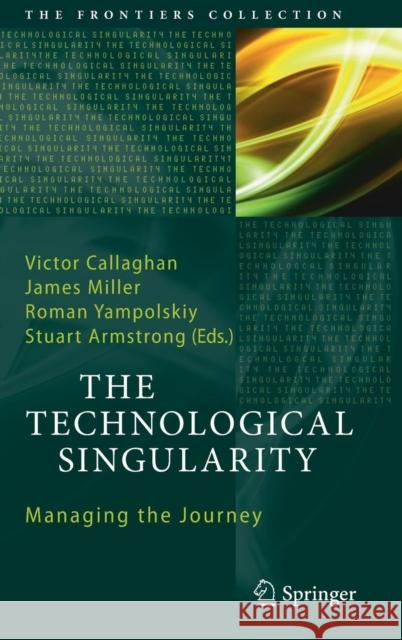The Technological Singularity: Managing the Journey » książka
topmenu
The Technological Singularity: Managing the Journey
ISBN-13: 9783662540312 / Angielski / Twarda / 2017 / 261 str.
Kategorie BISAC:
Wydawca:
Springer
Seria wydawnicza:
Język:
Angielski
ISBN-13:
9783662540312
Rok wydania:
2017
Wydanie:
2017
Numer serii:
000308052
Ilość stron:
261
Waga:
0.48 kg
Wymiary:
22.2 x 14.1 x 3.1
Oprawa:
Twarda
Wolumenów:
01
Dodatkowe informacje:
Wydanie ilustrowane











